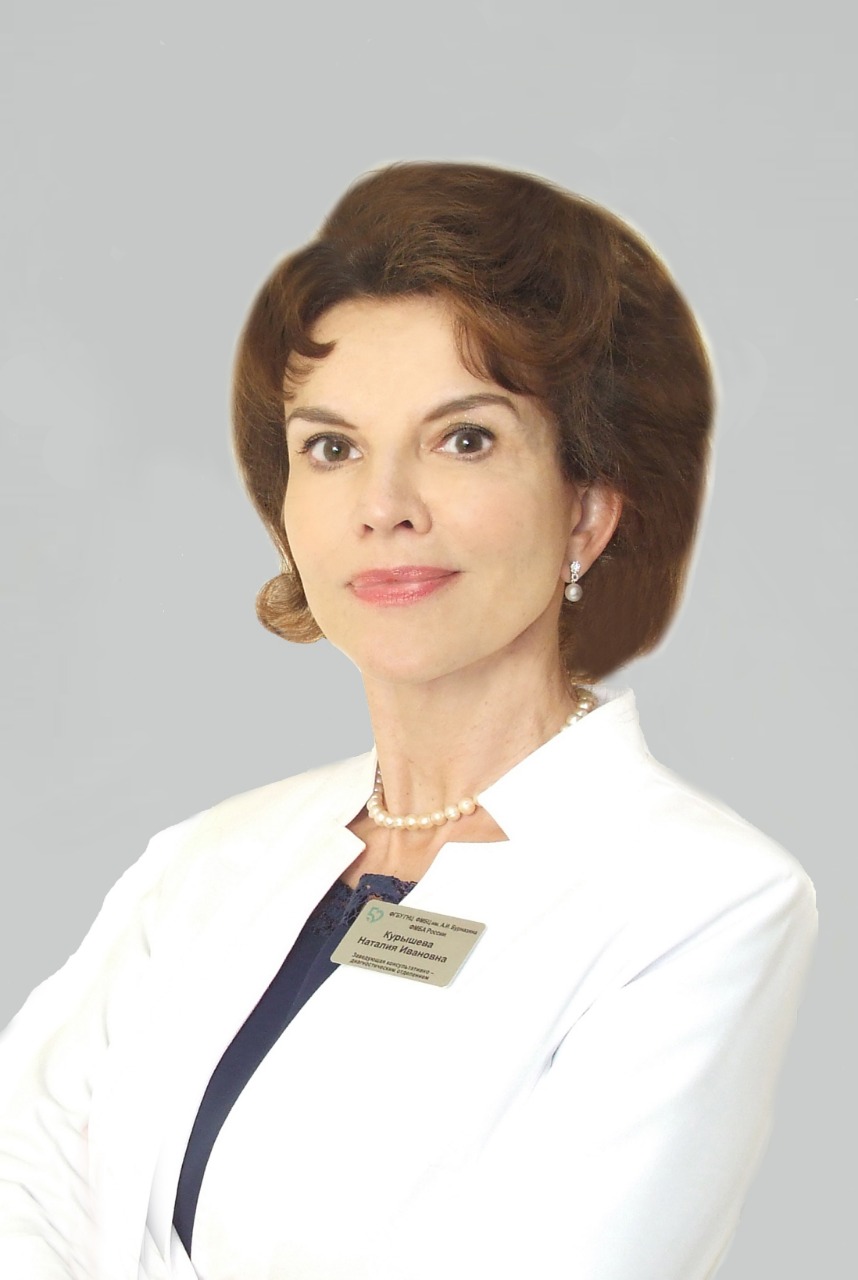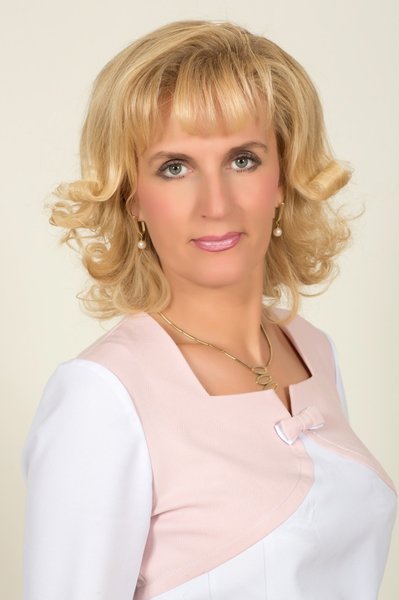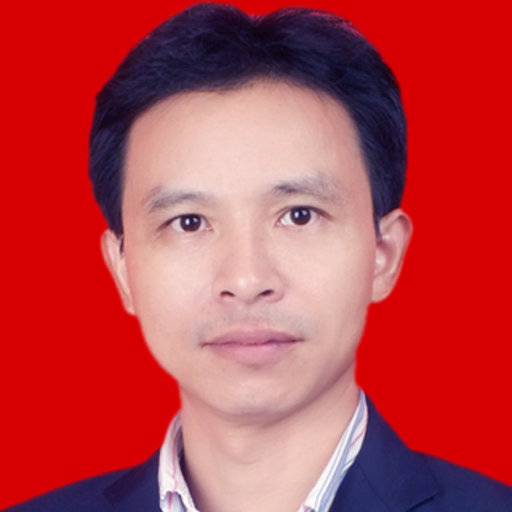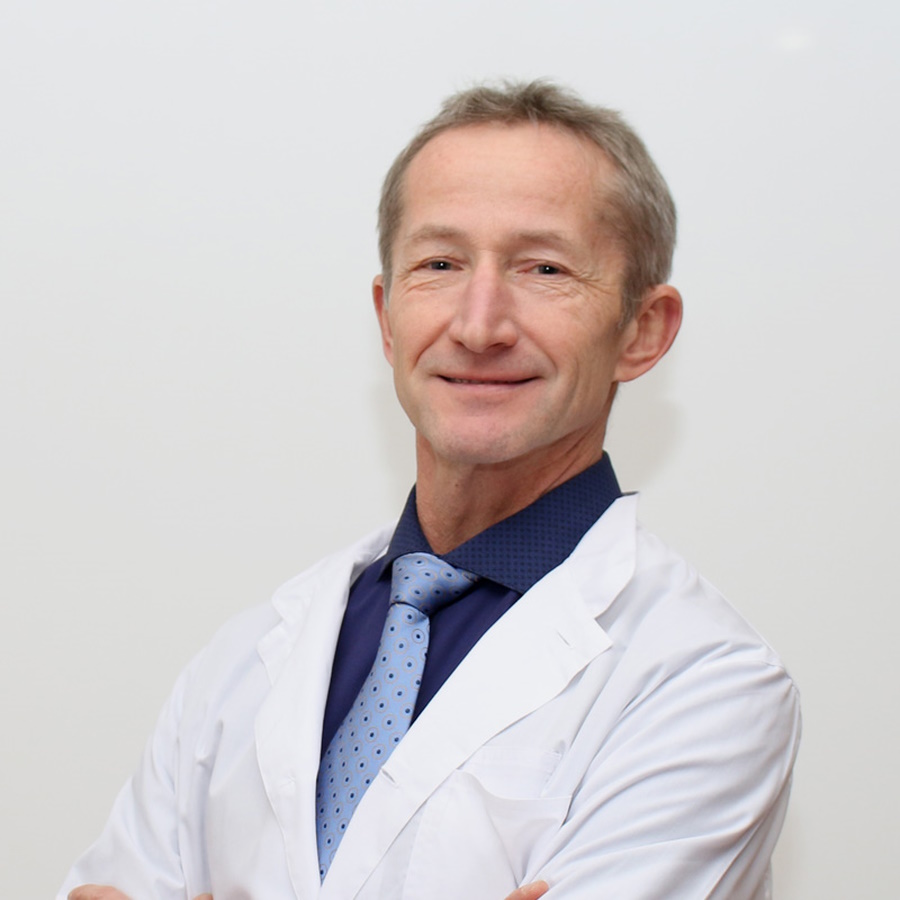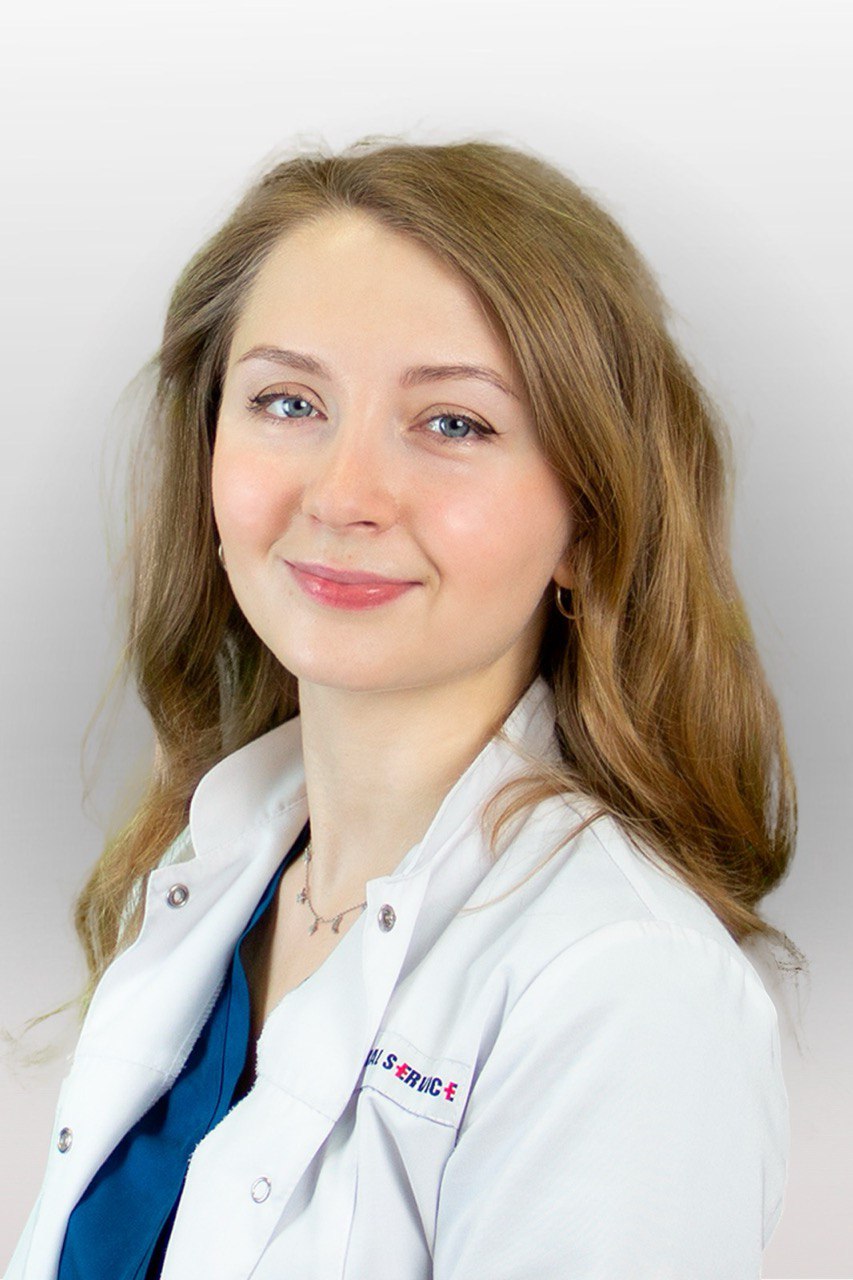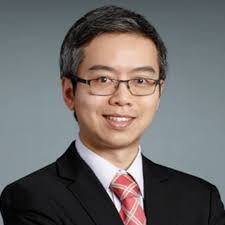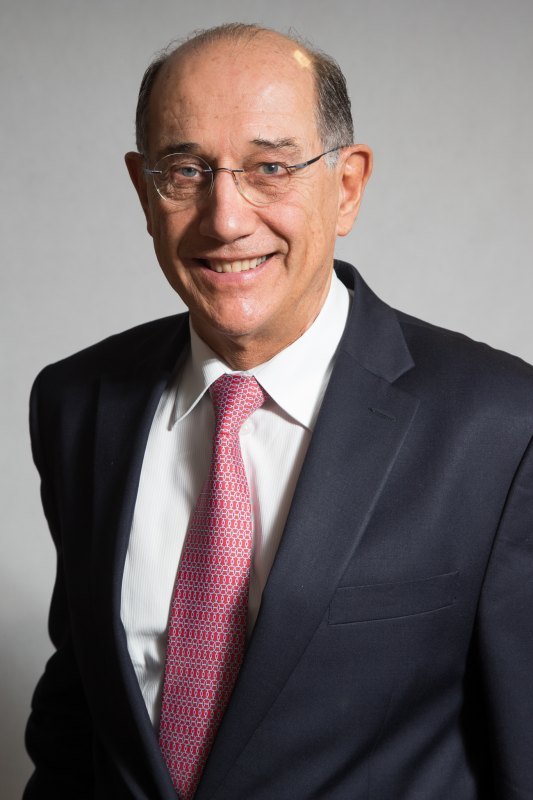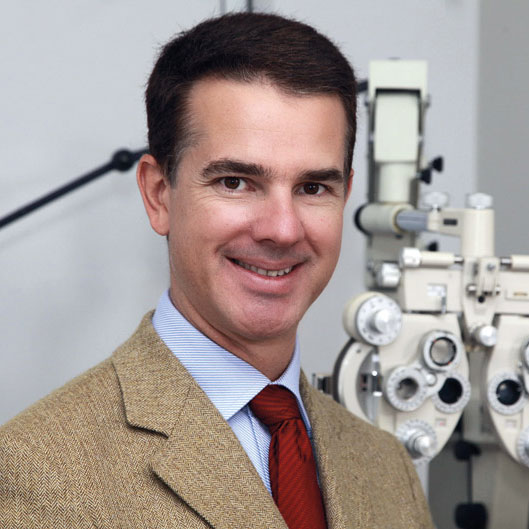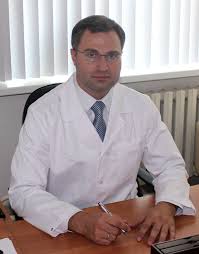About symposium
Dear colleagues, we invite you to take part in the XIV International Webinar: «Controversies in Glaucoma: focus on Comorbidities », which will be held on November,7 at 3 p.m. (Moscow time).
Glaucoma, being one of the leading causes of blindness in the world and affects the patients with different comorbidities. It is evident that we need a shift to the personalised medicine as a new philosophy covering both "health care" and "disease care", promoting an integrated approach combining advantages of individual biomedical fields and technologies and consolidating a multi-professional collaboration.
This year, the symposium will feature leading international experts from Brazil, China, USA, Kazakhstan, and Russia. The author and coordinator of the project is Prof. N.I. Kurysheva. The moderators of the teleconference are Prof. N.I. Kurysheva and Prof. I.A. Loskutov







